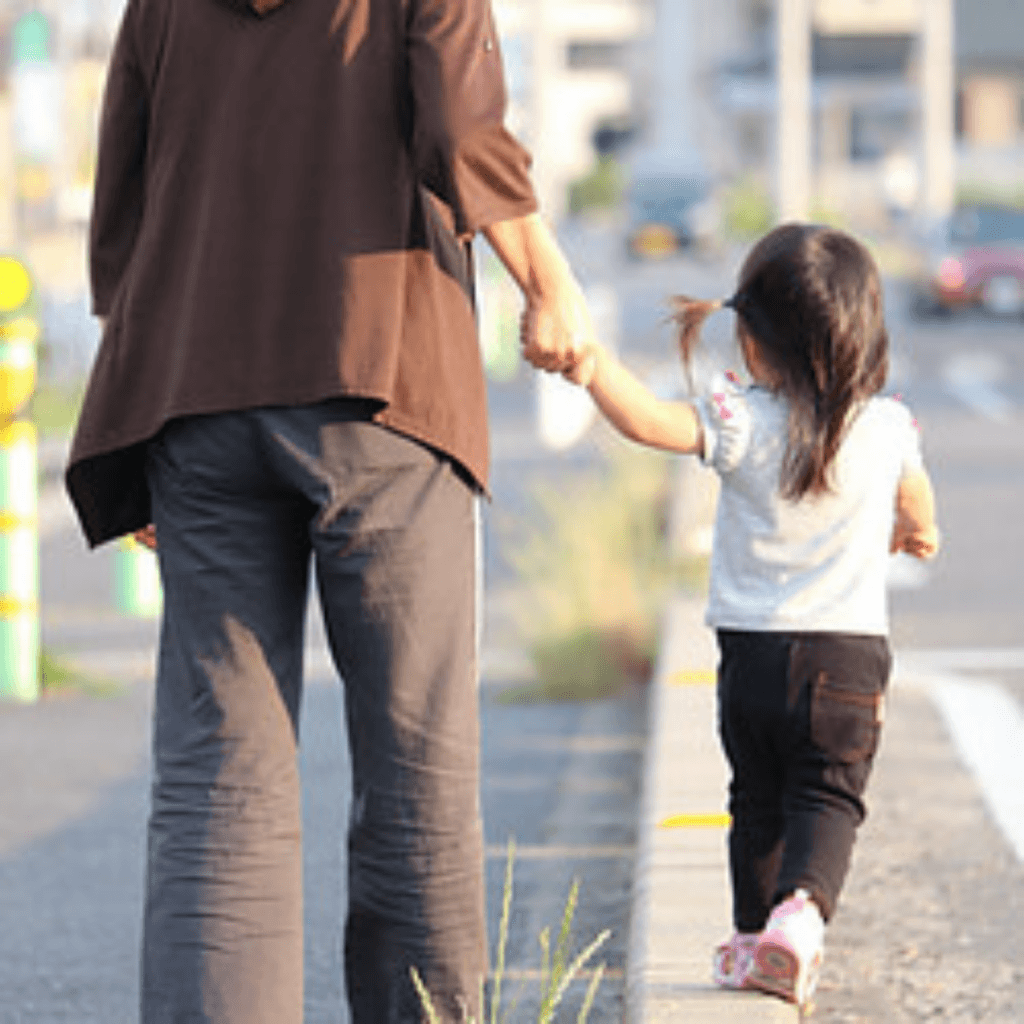
Parenting is a difficult topic. It involves changing perspectives, balancing family, social and cultural beliefs and ultimately, deciding what is best for your child. Parenting children is not rocket science. As long as you know your intention and understand that each child think, do and be differently.
We learn how to be a parent
The good news is, we all learn how to be a parent (from ground zero) for every single child, regardless if it is your first, second or third child. Every child is different. We spend time with them to understand their temperament and behavior (some children are easy to take care, some are a little more demanding, some are a little more sensitive to environment).
Ultimately, we do the same thing for every child – communicate intention, setting boundaries, guide directions, protect from harm and teach skills so that they will be successful in their own ways.

One of the greatest benefit of being a parent is as you bring up our child, you understand yourself a little more. You become aware where are your boundaries, what is acceptable to you (and not), what is your intention (so that you can be clear in your communication with your child) and what is the outcome that you want. Your child is a reflection of you. If your child is not behaving the way you want them to behave, first evaluate yourself and your approaches.
We can never be PERFECT
Understand that being human means we can never be perfect. But, you can be the perfect parent to your child. Your child would not want to trade you for anyone else in this world. As parent, you can have the best intention for your child but it may not be perceived as the best from your child’s perspective.
It is crucial for you to communicate your intention – say it out loud – to your child and get their perspective. Get their understanding. Get their feedback so that your intention is not miscommunicated or misunderstood by your child. Ask, “how else can I communicate so that we can understand each other better?”
Understand your child’s behavior – what is important to them, what is their “ultimate” need behind their behavior, acknowledge their feelings and communicate your expectations. “I can see that you are upset. But, I need you to ask politely by using please and thank you’s.”

Parenting is a TEAMWORK
Parenting is teamwork – work between parent and child. Your child’s behavior is an immediate feedback of your approach. If he or she is not behaving the way you want them to behave, that is feedback. Therefore, you adjust, change strategies or use different approach.
Being in a team would also mean communication is two-way. Just by expecting the other party to know what they are supposed to do put in a lot of assumptions and expectations. Has the rules being communicated? Has expectations been set and expressed? Is there consistency in the rules? Or does it only apply to your child but not on you?
You are THE parent
Which means you need to do more work than your child, especially before your child learn how to communicate or feel that it is safe for them to communicate. You are the detective, researcher, teacher, mentor, peer. You put on different hats to investigate what is going on with your child (or what is going on in their mind).
It means until the day you figure out what is going on in them, your needs will be secondary. It does not mean that you have to neglect your need, but you cannot expect your child to meet your needs. You will need to find a different way to meet your need because you are in control, you can control how you respond to your child (or situation).
Actions speak louder than Words, but THINK first
Be clear with your intention. By intention, I mean the outcome you want for your child. What kind of person would you want your child to grow up to become? With a clear intention, the how-to’s are easier to manage. The how-to’s will support your intention. At times of confusion and frustration, go back to your intention. Does the action support your intention? Is that action critical and brings you closer to your intention?
Your child LOVES you
Parent play an important role in a child’s life. Your child looks up to you, you are their idol and no matter what they say, your child loves you (and you love them, too). Do your best intention and actions serves your child or you? Does it meet their needs or yours?
Parenting a child with special needs is not much different. You will need additional support – from technical know-hows to balancing family expectations. But, know that these are the how-to’s. Your intention (or outcome) for your child still comes first.
My greatest lesson in parenting is knowing that my parents did their best by giving me their best. However, what they did may not be the best for my needs. Being a parent means despite my best intention, I need to evaluate if my intention serve my daughter for her to grow up to be confident, humble and living her life to the fullest.
